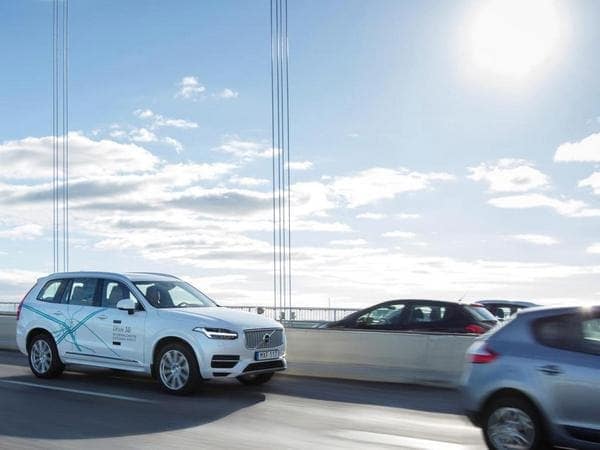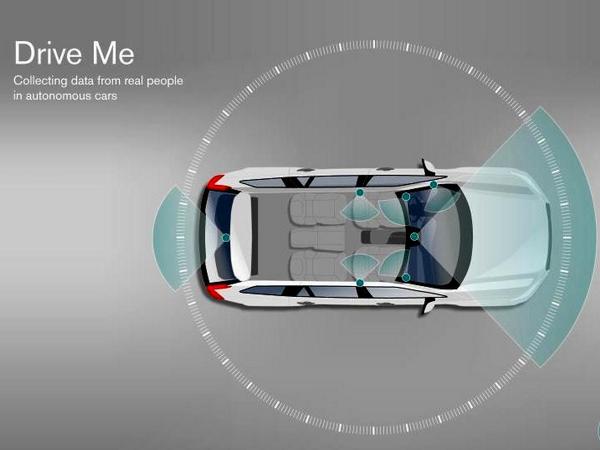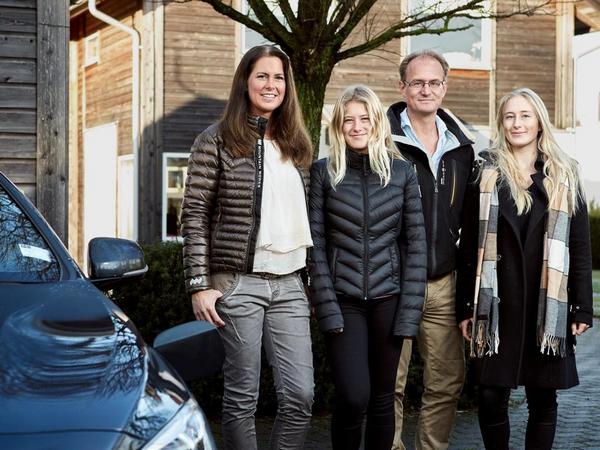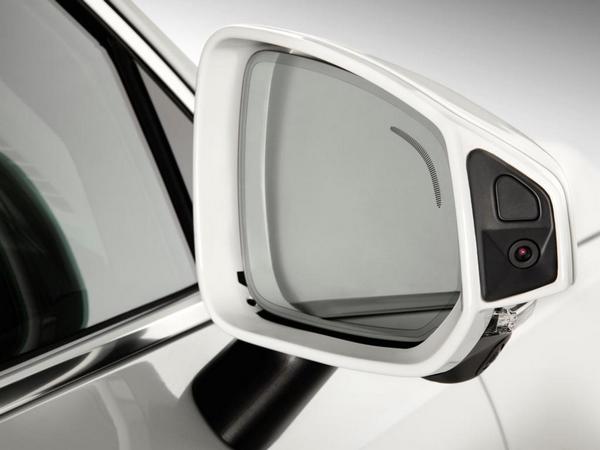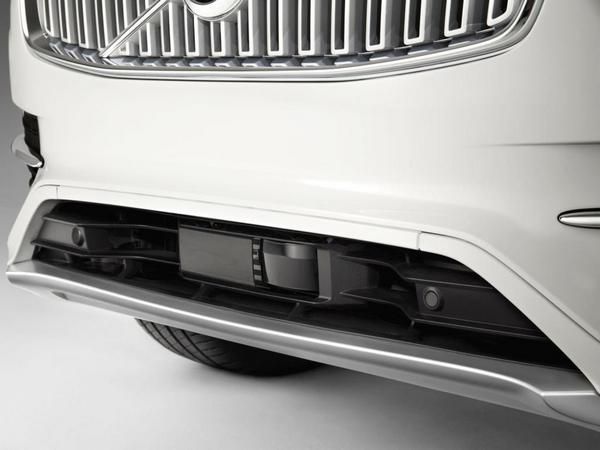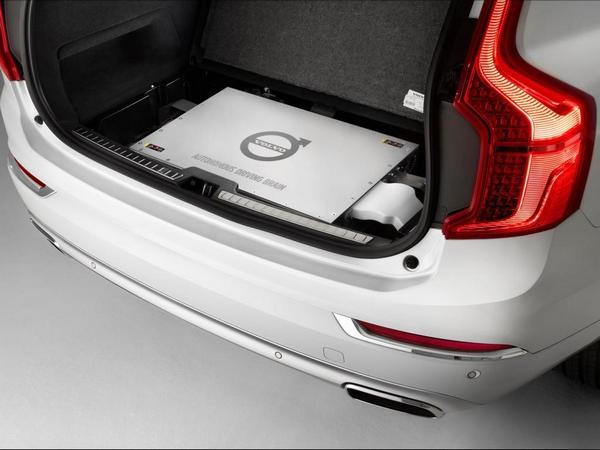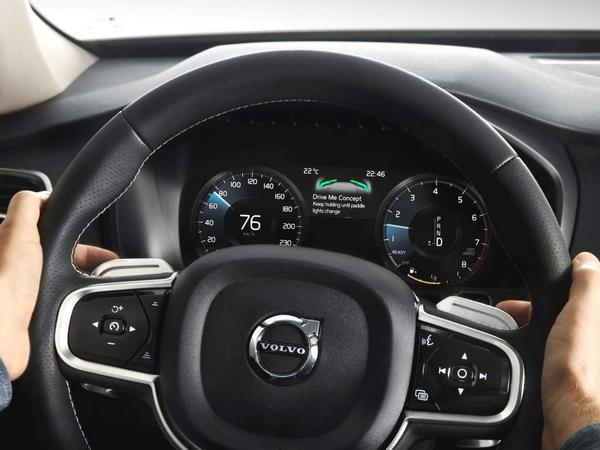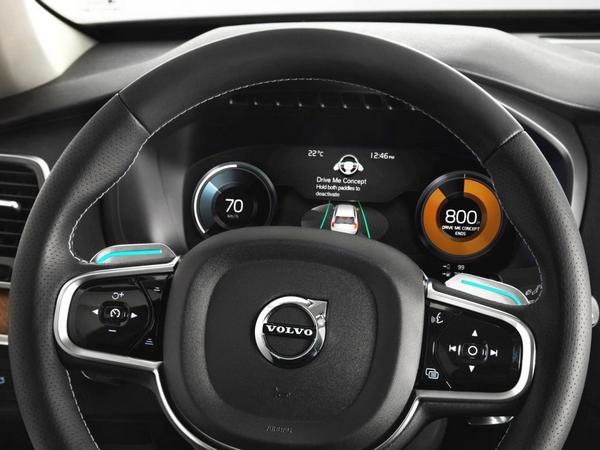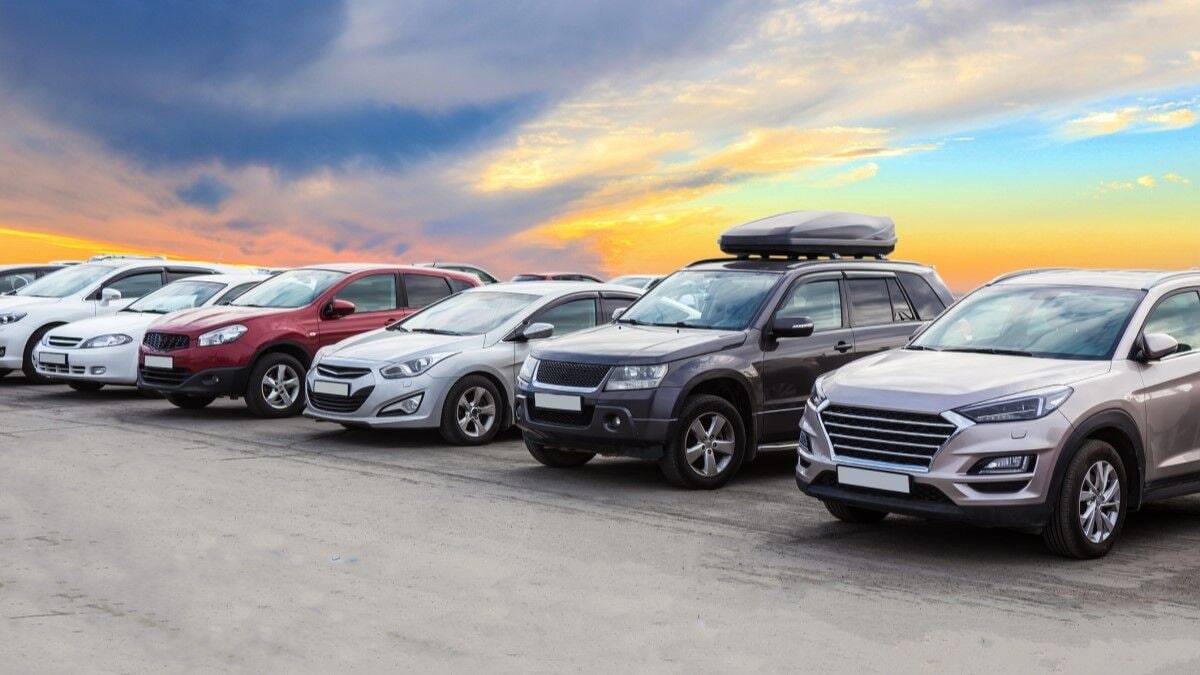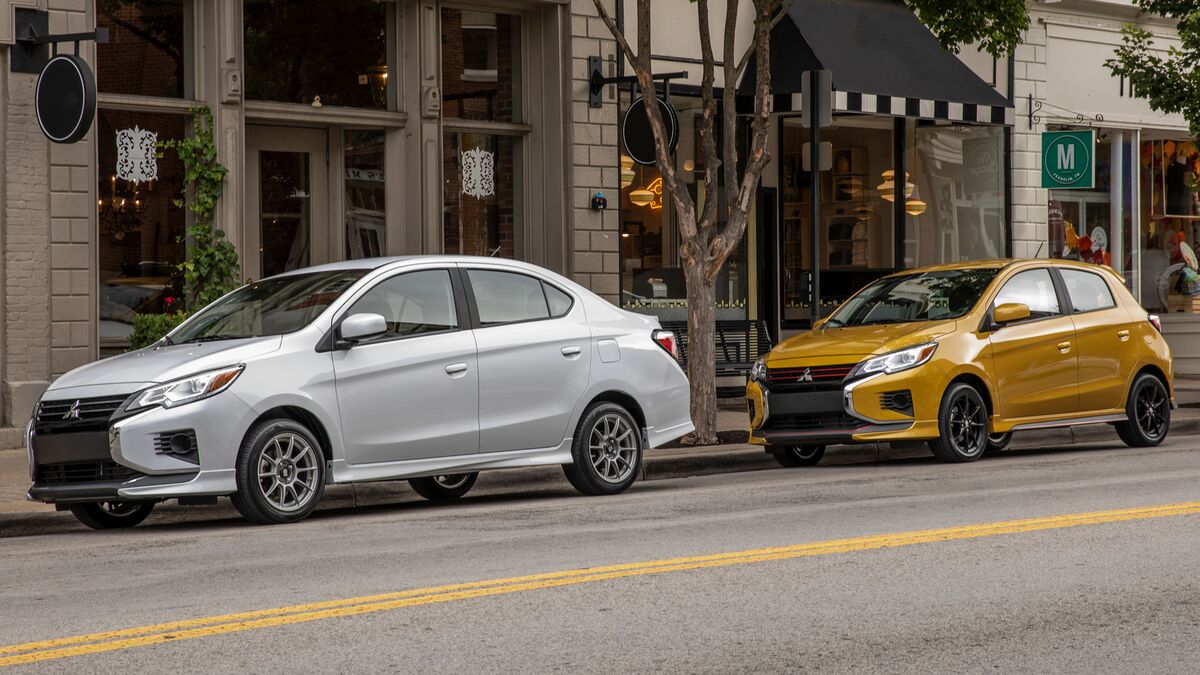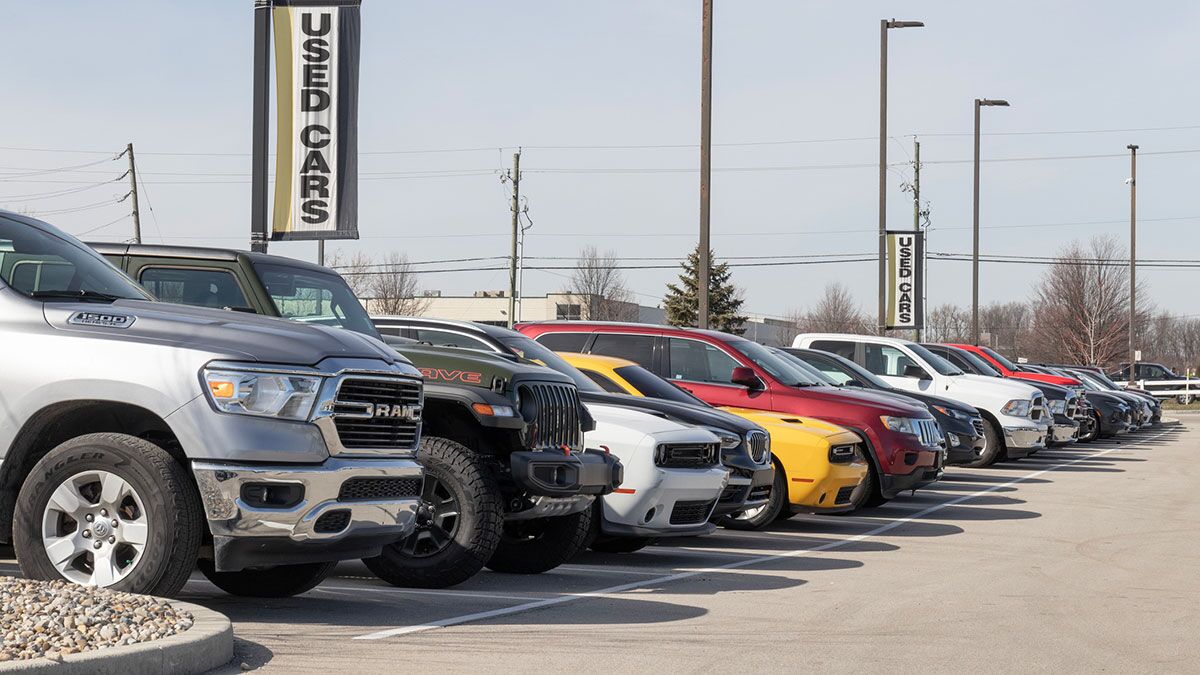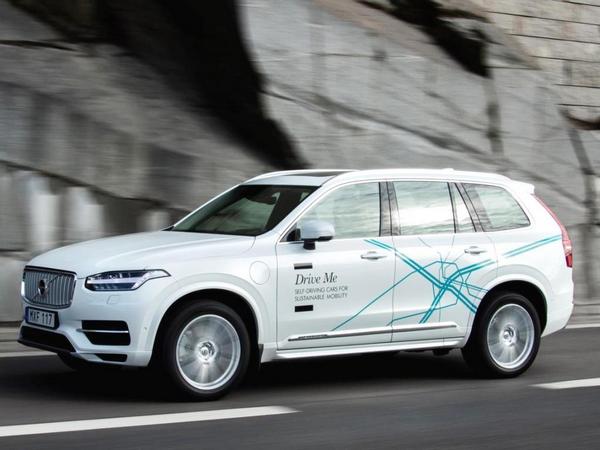
Last fall, Volvo produced the first autonomous XC90 as part of its role in the collaborative Drive Me autonomous vehicle research program that kicks off in Sweden this year. The company introduced the first individuals selected to take part in a process it says is focused on “collecting real data from real people on real roads.” While initial honors go to the Hain family from Gothenberg, Volvo says the Drive Me project will see up to 100 autonomous vehicles take to the streets of that city in 2017 before the program is expanded to other countries around the world.
Autonomous, injury-free tomorrow
Volvo’s fleet of autonomous XC90’s is designed to move the automaker towards a future free from and deaths or injuries caused by vehicles. Key equipment in each includes multiple surround radars, tri-focal cameras, multi-beam laser scanners and an array of ultrasonic sensors along with cloud-based 3D digital mapping that incorporates real-time changes in traffic patterns and conditions. Everything is backed up by suitable fail-safe systems that will first notify the driver to reassume active control of the car and then bring it safely to a stop should the operator not respond.
Also: Autonomous Cars
“The aim of the Drive Me research project is to focus on how to enhance people’s lives and have a positive impact on society. We take a holistic rather than a purely technical approach to our research and development processes,” noted Henrik Green, Senior Vice President, Research and Development at Volvo Car Group. “No one else to our knowledge is developing autonomous drive from a human-centric standpoint. We want to learn more around how people feel when they engage and disengage autonomous drive, what the handover should be like, and what sort of things they would do in the car when it’s driving them to their destination.”
Also: Kelley Blue Book Best Buy Awards
Green’s sentiments were echoed by Håkan Samuelsson, President & CEO, Volvo Car Group. “We do things differently at Volvo Cars – we always have. Our main focus has always been on people and making their lives easier. He stresses that “technology should improve the consumer experience by making mobility safer, sustainable and more convenient.” If all goes to plan, Volvo says it will have its first fully autonomous vehicle on the market by 2021.
More Autonomous Vehicle/Driver Assist News:
BMW Vision Next 100 Concept looks toward tomorrow
KBB Study finds most Americans still prefer a hands-on approach
